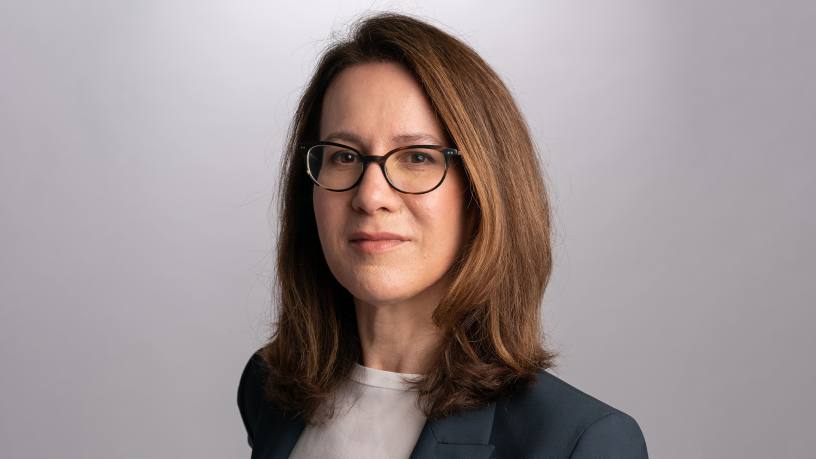A few days ago, my colleague Liz had a bone to pick with the organisers of a conference that included a women-themed session. The panel was a breakfast gathering (clashing with the school run); it was not in a central location (adding an additional layer of logistical complication); and it was in the vein of so many other similar discussions that, as Liz wrote in her blog, still seem to yield very little in terms of progress.
Judging by our readers’ response, she hit a nerve. Her piece is proving incredibly popular on our website and, on LinkedIn, where she shared it, it attracted similarly toned reactions: a wave of “Amen!”, “Hallelujah!”, exasperated (redacted) expletives, and “fire” emojis.
Those women (and a few men) clearly have had enough. Enough of the sidelined, themed talk. Enough of their timing. Enough of the breakfast offering. Liz seemed to have tapped on a well of rising frustration, in her usual well-articulated and irreverent style.
But I disagree with pretty much all of it.
Women should of course be invited and able to take centre stage at any industry event, rather than being relegated to a minor discussion. But conference organisers, in my experience, are increasingly looking for good female speakers. They don’t all succeed — but I’d argue that’s just poor conference planning.
Generally, I feel women are becoming more visible at big finance events. The problem is that this improvement is relative to a previously far direr situation — and that, for those prime-time, main-stage sessions, the pool of female names to pick from remains tiny.
The data is depressing. Female bank CEOs are rare and the previously rising ratio of women appointed to board positions is worsening. The gender pay gap is stubborn and, in parts of banking, still worryingly high (surpassing 30 per cent for some UK lenders, according to self-reported data).
Female entrepreneurs still struggle to raise funds (2p for every £1 of equity raised in the UK, as Liz reminded us), and women’s access to financial services is scant in many parts of the world — something that development agencies are trying to correct, including through capital markets.
We, in the media, also have a role to play. Conference organisers tend to get inspiration from names they read in our articles (this is true for our own events division). With our employer, the Financial Times, being part of the 50:50 project spearheaded by the BBC to offer a fairer representation of the subjects we report on, The Banker is also acutely aware of the need to create journalism that includes a variety of voices.
But these kinds of efforts are separate and not mutually exclusive of “Women in…” discussions that make my colleague Liz’s (and many others’) blood boil.
Getting more women through the ranks, I feel, has little correlation with the format and timing of those panels. In fact, holding women-themed discussions at different times of the day come with similar complications — all related to trying to cram in as much work as possible around personal commitments. (Skewed childcare responsibilities don’t help.)
I’d argue that talking about the struggles women face at work, and in a specific industry, has helped to “normalise” that kind of discussion. When subjects become “normal” and accepted by wider groups, that’s when formal discussions and expectations start materialising. And I don’t mean rules and gender quotas; I mean societal norms and bias. Those, really, are at the core of the problem.
I’m very happy to keep on joining well thought-out “Women in…” discussions (and I know Liz is, too). I’m after useful content and engaging public speakers — as well as some serious, daily work to improve organisations and financial and economic systems.
When a large part of the population is put at an unfair disadvantage (intentionally or unintentionally) within an industry, whether as customers, workers or aspiring leaders, cracks will sooner or later appear. The speed at which this will happen depends on how loudly calls for change are made. And collective voices do make more noise — over breakfast or otherwise.
Silvia Pavoni is editor in chief of The Banker. Follow her on LinkedIn here.
Get in touch at thebankereditorial@ft.com.






